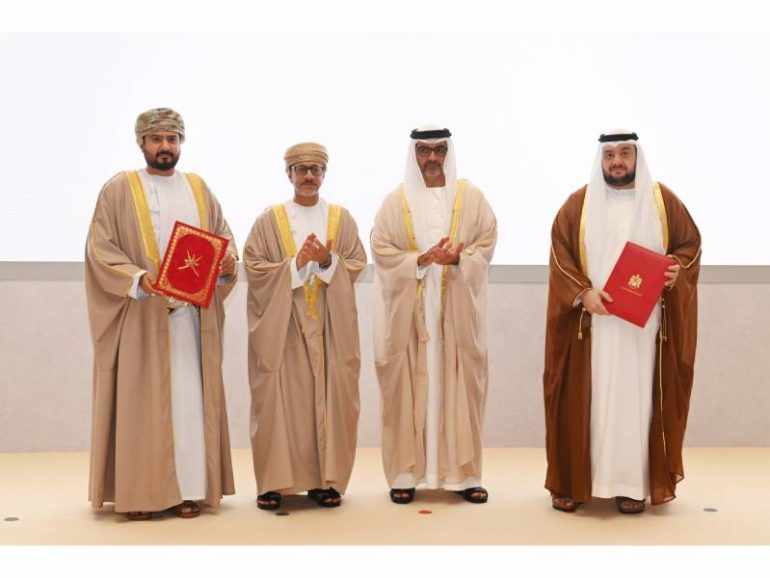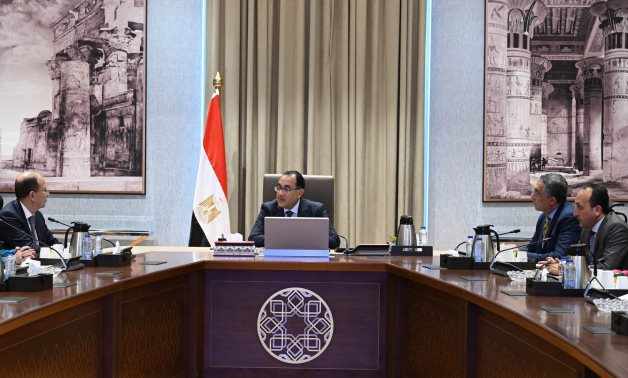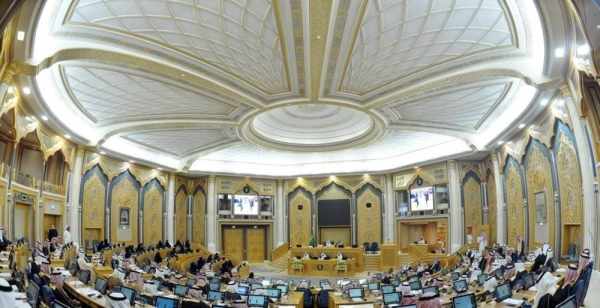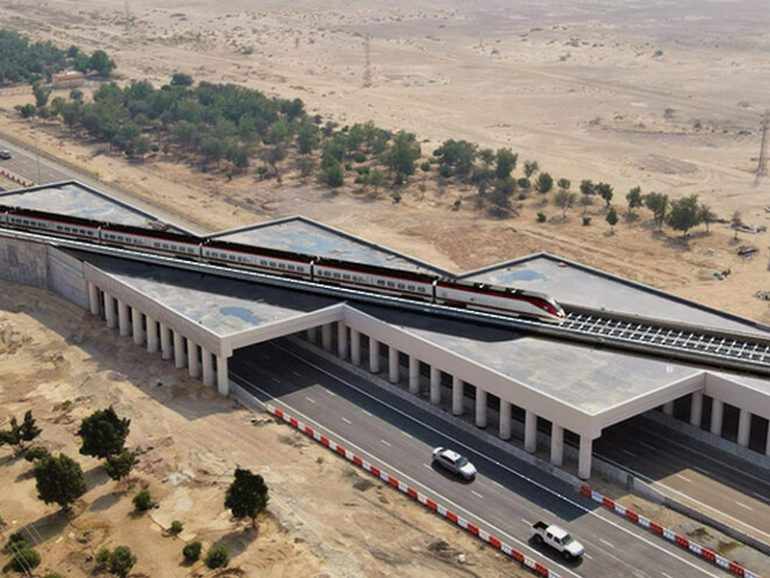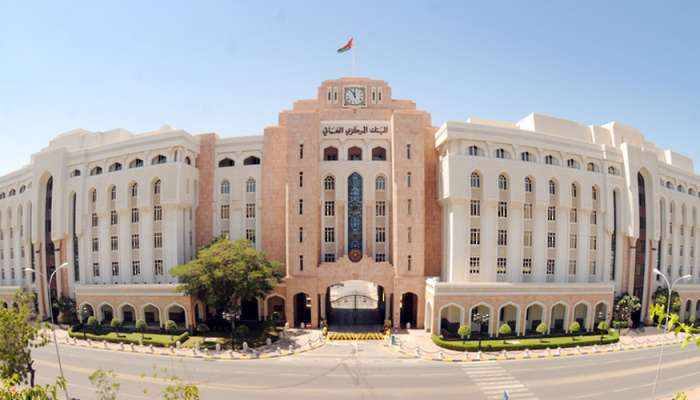Central banks and sovereign wealth funds have net zero firmly in their sights
- Date: 12-Jul-2021
- Source: Arabian Business
- Sector:Financial Services
- Country:Middle East
Central banks and sovereign wealth funds have net zero firmly in their sights
It is a welcome shift on a critical topic that official financial institutions are pivoting so decisively to projects with an environmental, social and governance (ESG) dimension. A great many projects in the Middle East seeking solutions to climate change challenges today have the support of sovereign wealth funds (SWFs) and central banks in the region. Not only are they sustainable by design but they mirror a sharp focus from national governments across the region on achieving net zero economic development.
The move makes perfect sense in the context of a post-pandemic world economy skewed by supply chain constraints, commodity shortages and historic quantitative easing. The present threat of inflation – or even stagflation – makes pursuing resilient investments a solid decision for countries seeking economic diversification. Economic growth and sustainability are influenced by environmental and social issues. These dynamics leave official institutions like SWFs and central banks well positioned to send a signal to the industries in which they invest about sustainability and ESG, with several having integrated climate risk and other ESG factors into investment operations.
The extent to which these institutions have switched focus is illustrated in Invesco’s ninth annual Global Sovereign Asset Managers Study (IGSAMS). Survey data shows


